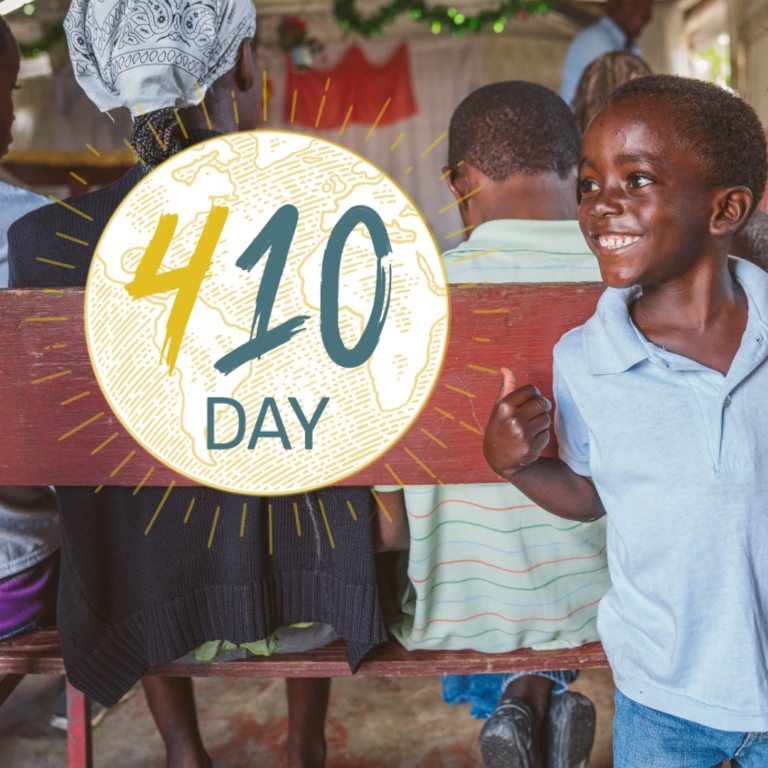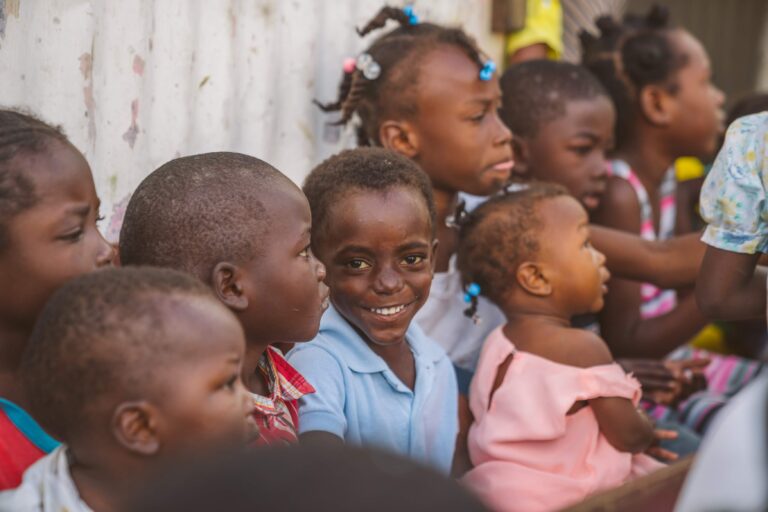My friend John Woodall would often remind me that “we rise and fall on our definitions.” Words can mean different things to different people, so if we’re going to solve a problem, we better agree on the definition of that problem, or our activities may not align with our desired outcomes.
The 410 Bridge is a community development organization. We partner with communities struggling with extreme poverty, therefore, how we define poverty, development, and partnership is fundamental to our success.
If you don’t know by now, 410 Bridge does not define poverty as a material problem. We believe it is an issue of worldview. More on that some other time…
But what about ‘development’?
We define development as “what people do for themselves.” In our work in poor communities, we do not do for people. We do with people. Community members lead we follow. They actively participate in their development. They must start with what they have, take ownership of the problems and the solutions in their community if they ever want to indigenously sustain their future development.
But what happens when development collides with a catastrophe?
Such is the case in Haiti … again.
Five years after Hurricane Matthew destroyed 80-90% of the homes, fields, and livestock in southern Haiti, a 7.2 magnitude earthquake rocked the southern peninsula. Over 2,200 people have been killed, 12,000+ injured, and over 300 people are still missing. An estimated 61,000 homes have been destroyed along with schools, churches, hospitals, safe water facilities, and on and on.
When a catastrophic event occurs, we have no alternative but to press the pause button on development. People don’t need development. They need food, water, shelter, and medical attention. They need it immediately, and importantly, it must be short-lived so as not to undermine the long-term development work (what people do for themselves) and inadvertently create dependency.
In the case of 410’s communities in the south, that is our immediate focus. We are working with the faith community to source materials and supplies to help people survive and stabilize. Because we have the leadership structure already in place in our communities, the large disaster relief organizations look to organizations like 410 Bridge to get the much-needed relief to the people needing it the most. Unfortunately, this takes time. Often, too much time. As we wait for the relief organizations to mobilize and the supply chain to flow, we scramble to do what we can to help the most vulnerable people survive.
But, as I said, while our relief aid must be immediate, it must also be short-lived. And herein lies the most significant challenge for organizations like 410 Bridge when development collides with a catastrophe. Our future development work will be dead in the water unless we can help communities return to the place they were before the catastrophic event occurred. That means safe water projects, schools, clinics, churches, and businesses need to be restored so that people can get back to the hard work of development (what they do for themselves).
But who’s going to do all that? Who is going to rebuild the physical infrastructure that’s needed to get back to development? The large relief organizations typically do not. Once the situation stabilizes and the emergencies subside, the relief organizations exit, leaving the restoration work to others.
In 410 communities, that means partnering with local government (if possible), the faith community, but most importantly, the people themselves. We will stand in the gap of what the people cannot do on their own, but they must still lead and participate in the restoration process to avoid creating dependency.
So… this will be the focus of 410 Bridge’s work in Haiti in the coming weeks/months. We will immediately help our communities stabilize as best we can, but plan for the hard work of restoring water projects, schools, and churches in the coming months. We estimate needing $750,000-$1,000,000 during this phase. The sooner we can help our communities restore, the sooner they can get back to the work of development (what they do for themselves).
We need your help, click here to make a donation.
Click here for updates on our Haitian communities.
Thanks for all you do.




